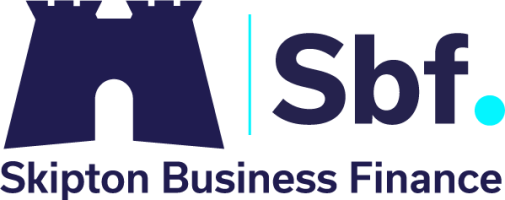Small and medium sized enterprises are not aware of the different types of business finance available to them, research finds.
A study by information services giant Experian has revealed that most small companies “continue to rely on traditional bank overdraft and personal sources of cash” for additional funding.
The 300-strong survey, conducted to to give a better understanding of exactly how and why businesses have sought additional capital, finds that alternative sources of finance are yet to have made a considerable impact.
According to the survey, “crowdfunding”, a relatively new way for people to pool small amounts of money to back a good idea or project, is the least well-known form of business finance among respondents, with a massive 69 per cent having never heard of it. Meanwhile, angel investment, business cash advances, invoice finance including factoring and invoice discounting, and government grants also scored poorly in terms of general awareness.
Some 42 per cent say that they would approach their own personal bank in the first instance when thinking about additional funding for their business. 18 per cent say they would speak to their accountant.
The findings also reveal that over 60 per cent of respondents have sought some form of extra funding in the last 12 months, with the need to assist cash flow problems by far the biggest reason for applying for extra cash.
Max Firth, UK managing director for Experian’s business information services division says: “When looking for finance, the first port of call for SMEs is their bank. However, a commercial loan is unlikely to be appropriate for their specific needs, especially if the need is short term, such as alleviating cash flow issues.
'For many SMEs, it may make more sense to consider invoice finance options to alleviate the stress of collecting payments, especially where large new deals are won and they are already dealing with increased outgoings to ensure delivery of an order.'










